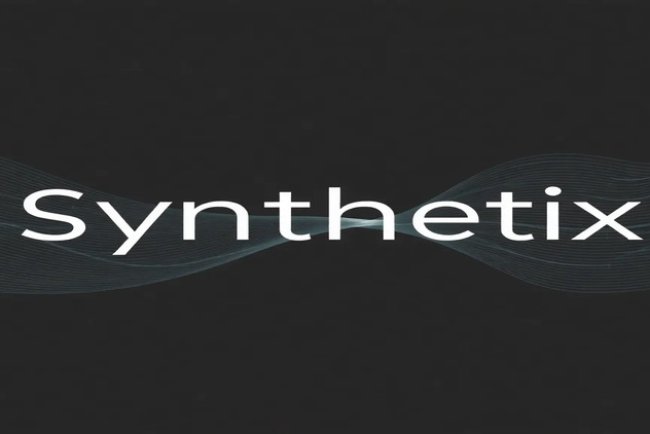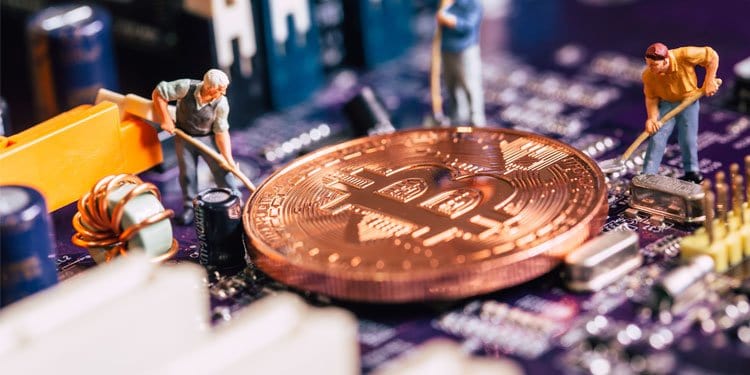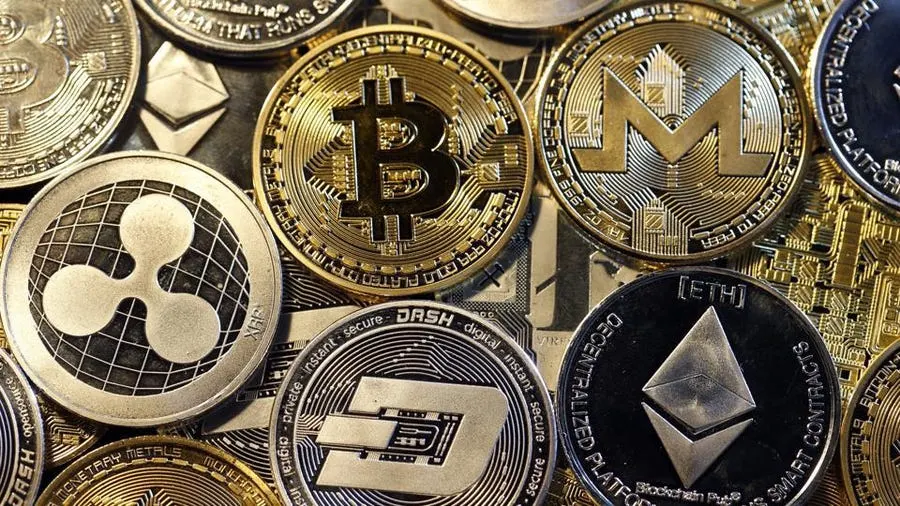Ethereum Developers Mark 200 Calls with Key Milestones
Ethereum developers celebrate 200 ACD calls, discuss Mekong devnet, upcoming upgrades, and strategies to manage the network's data footprint.

The latest Ethereum All Core Developers (ACD) call was marked by a cheerful atmosphere as it celebrated its 200th meeting.
Open and Transparent Discussions
Christine Kim from Galaxy highlighted the significance of these calls, noting their consistent openness and transparency, allowing anyone to participate and listen. Developers continue to rely on these discussions to make crucial governance decisions regarding Ethereum.
Key Updates and Upcoming Changes
During the call, developers focused on important updates related to testing networks for the upcoming Pectra upgrade, alongside various other technical planning topics.
Launch of Mekong Devnet
A significant highlight was the introduction of Mekong, a new short-term development network designed to support Devcon hackathons. Built on the specifications of Devnet 4, Mekong is now operational, providing developers with a dedicated environment for innovation leading up to Ethereum's forthcoming changes.
- Purpose of Mekong:
- A space for wallet developers to experiment with user experience modifications.
- A platform for stakers to build confidence in the upcoming changes.
Ongoing Testing and Updates
Devnet 4 will remain available for testing in the coming weeks, allowing developers the flexibility to experiment with the evolving protocol.
The developers also discussed recent proposed updates affecting core functionalities, specifically EIPs 7002 and 7521. These updates aim to enhance user-friendliness by helping users avoid accidental overpayments. Currently under audit, developers were encouraged to review these changes asynchronously, a process expected to continue post-Devcon.
Streamlining Testing Processes
The conversation included efforts to streamline testing by isolating specific components of the fork, particularly EOF and PeerDAS, for independent activation. Nethermind's "chainspec" configuration option supports detailed control for EIP activation, enabling teams to toggle individual EIPs for testing. However, concerns were raised about the complexity of this approach, with some teams preferring Geth's simpler activation model.
Addressing Ethereum's Data Footprint
A critical topic was Ethereum's expanding data footprint and methods for managing historical data more efficiently. EIP-7801, also known as the Sharded Blocks Protocol, was proposed as a temporary solution to alleviate nodes' storage requirements. This would help reduce the data burden until the Portal, a more comprehensive data solution, is fully integrated.
Further Proposals and Challenges
EIP-7610 was also discussed, aiming to resolve specific edge cases in contract deployment. Although the proposal is nearing finalization, some clients have encountered implementation challenges, prompting the exploration of an alternative design with a new proposal expected soon.
Devcon presents a unique opportunity for a significant number of core developers to convene in person and address unresolved issues. Ethereum developers are making progress on multiple fronts to enhance infrastructure and meet the scaling demands of decentralized applications and users, especially amidst narratives suggesting the blockchain network is lagging behind its competitors.
What's Your Reaction?















